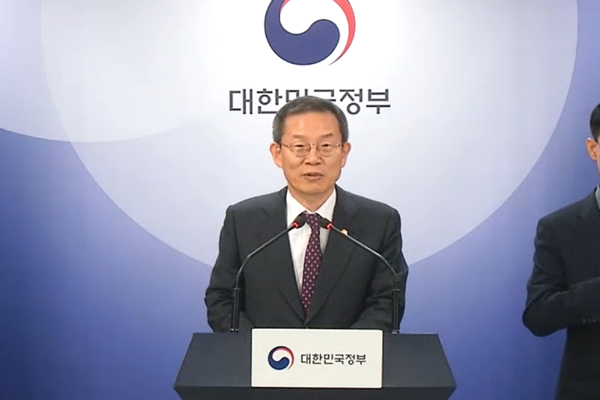The Ministry of Science and ICT's National Research Council of Science and Technology (NST) has notified 25 affiliated research institutions of significant budget reductions for the upcoming fiscal year, raising concerns within South Korea's science and technology research community. The proposed budget cuts, amounting to over 5 trillion KRW, include 3.4 trillion KRW in major research and development (R&D) programs, 300 billion KRW in research conducted by government-funded research institutes, and 200 billion KRW in basic research. Each research institution is expected to face a reduction in budget ranging from 20% to 30%.

The decision to slash R&D budgets was made during the fourth meeting of the Presidential Advisory Council on Science and Technology Advisory held on August 22, where the 2024 National R&D budget allocation plan was discussed and approved.
Budget reductions will impact the majority of the research institutions across South Korea. For instance, the Korea Institute of Science and Technology (KIST) and the Korea Aerospace Research Institute (KARI) have received a notice of a 23% budget reduction. Similarly, the budgets for the Korea Research Institute of Chemical Technology (KRICT) and the Korea Institute of Science and Technology Information (KISTI) may see a substantial 28% decrease. Most other research institutions have been informed of budget cuts in the 20% range, with the Institute for Basic Science (IBS) facing a reduction of approximately 15%. Even major science and technology universities, including KAIST, have been informed of budget cuts in the 10% range.
Such raises concerns about the long-term prospects for scientific research and innovation in South Korea, as this may be the first decrease in the total R&D budget since 1991. Furthermore, according to the 2023-2027 national fiscal management plan, it will take four years to restore the R&D budget to its current level. Research institutions responsible for vital projects, such as KARI's Nuriho satellite project, may face significant challenges due to the reduction in funding.
In response to these budget cuts, student councils from prominent science and engineering universities, including KAIST, POSTECH, UNIST, GIST, DGIST, UST, Seoul National University, Korea University, and Yonsei University, have issued a joint statement. The statement calls for a reconsideration of the budget reductions and emphasizes the need for greater respect for scientists within the policymaking process.
The joint statement highlights the significance of science and technology as drivers of South Korea's future and underscores the dedication of students, researchers, and scientists who continue to work tirelessly to advance these fields, even amid challenging research environments. The statement further stresses that the budget reductions have the potential to impact the research environment and quality.
However, the government argues that these measures are an attempt to address long-standing inefficiencies in R&D. Jong-Ho Lee, Minister of Science and ICT, explained the rationale for the budget proposal by emphasizing a shift in focus from quantity to quality and a transformation into an innovative R&D ecosystem.
It is essential to note that the budget proposal is not finalized yet. The NST has stated that the primary R&D budget allocation and adjustment process is ongoing, with the final figures being subject to confirmation following the approval of the government's budget by the National Assembly.

